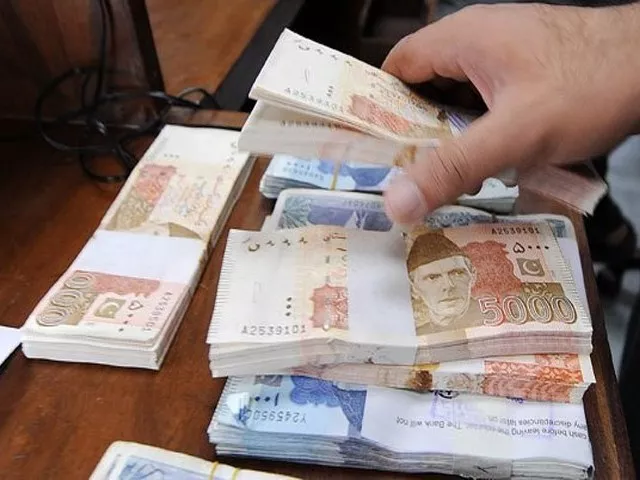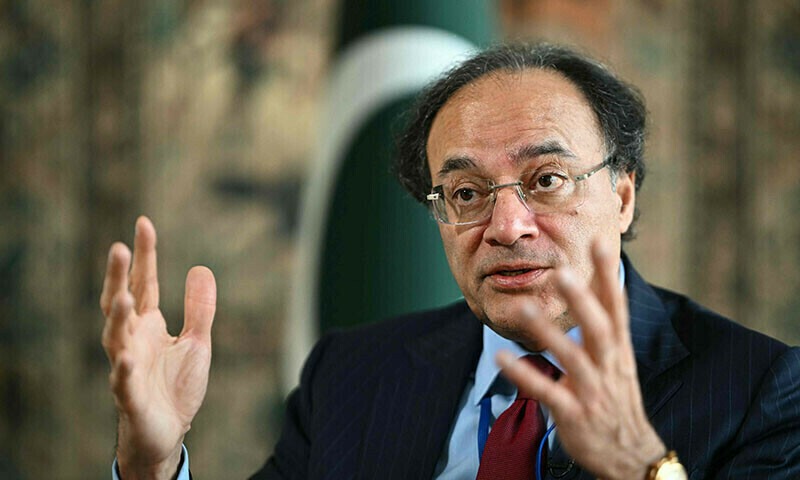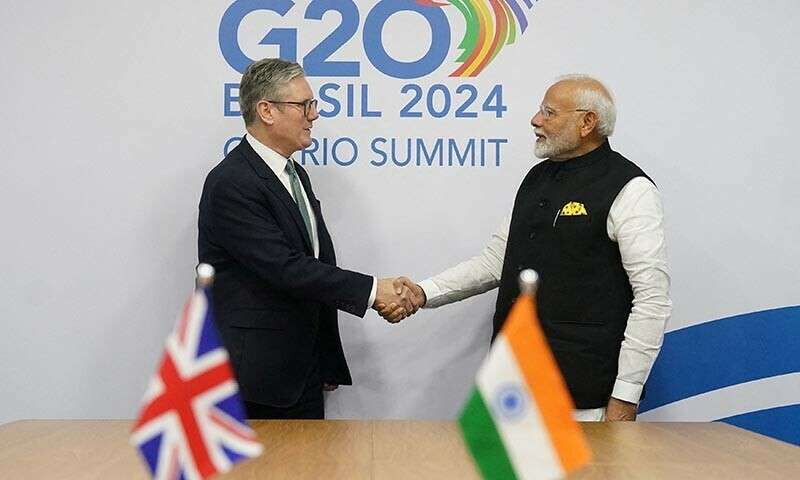Pakistan’s Underground Economy May Exceed $500 Billion
LAHORE – A significant portion of Pakistan’s economic activities continue to operate outside the formal system, with many citizens unknowingly contributing to an unregulated sector that drains government resources and undermines national development.
Take, for example, an everyday consumer buying products from an unregistered vendor. This transaction, though common, enables both the buyer and seller to bypass the taxation system. The real estate market is another major player, where discrepancies between declared property values and actual market prices drive much of the black economy. Most individuals don’t realize that this gap often results in illicit wealth accumulation.
This hidden system, driven largely by cash transactions and off-the-record dealings, thrives across urban and rural Pakistan. Estimates from various institutions suggest that this shadow economy ranges from $400 billion to $500 billion, surpassing the official GDP of approximately $374 billion. Business insiders even claim the informal sector could be twice the size of the documented one, though no concrete data currently supports these claims.
Functioning independently of taxation, the informal economy deprives the government of essential funds needed for healthcare, education, and infrastructure. While it does generate employment and services for millions, economists argue that it seriously hampers sustainable growth and exacerbates poverty.
Real Estate at the Core
The property market is identified as the top contributor to this parallel economy. Transactions often involve substantial cash components, and the declared sale prices are usually far lower than actual values to evade taxes.
“In big cities, almost 70% of property deals involve unreported money,” revealed a Lahore-based real estate agent speaking anonymously. Falsified paperwork and accounts under fake names make it easy to hide these financial dealings. Construction expenses, labor wages, and rental incomes also frequently go undocumented, creating further barriers to financial oversight.
Retail: A Close Second
Small businesses and retail markets form the second-largest share of the shadow economy. From street vendors to established shopkeepers, many operate without licenses or proper tax registration. Muhammad Asif, a clothing merchant in Lahore, explained that registering a business involves not just paperwork but high taxes and corruption.
“Dealing with bureaucracy is expensive and frustrating. Most of us simply can’t handle the bribes and harassment,” he said.
The Sustainable Development Policy Institute (SDPI) has found that nearly 40% of Pakistan’s retail sector operates informally, leading to over Rs1.5 trillion in annual revenue losses.
Manufacturing Sector’s Role
Factories in textiles, leather, small-scale steel production, and auto parts manufacturing often underreport their output, pay workers in cash, and disregard safety laws. A textile factory owner in Faisalabad confessed, “Complying with every regulation would double our costs. We’d be forced out of business.”
Such practices reduce tax collections and create unsafe, exploitative work environments.
Corruption and Over-Regulation Fuel Informality
Pakistan’s complex tax structure, one of the most burdensome globally, discourages formal participation. Frequent rule changes and a web of tax categories make compliance difficult, particularly for smaller enterprises. “New taxes and amendments arrive every year; it’s hard to keep up,” complained wholesaler Nadeem Bhatti.
He added that corruption further deters formalization. Bribes are often required at various government levels, while those with political or financial clout find ways around the rules. “The honest are punished, while the well-connected thrive,” Bhatti remarked.
This pervasive distrust in the government’s ability to offer value in exchange for taxes drives many to remain in the informal sector.
Experts Say Reform is Possible, But Slow
Market experts acknowledge that eradicating the shadow economy is a massive challenge that could take decades. “It provides obvious monetary benefits, so people are reluctant to give it up,” said economist Osama Siddiqi from Karachi.
Still, he noted that some progress has been made. Siddiqi recommends simplifying tax processes, reducing rates for small businesses, and visibly improving public services. “People need to see a return for their taxes—like cleaner streets, better hospitals, and functional schools. Only then will the shift to a formal economy seem worthwhile.”
Until then, he warned, the informal sector will keep expanding, feeding inequality and holding back national progress.
5 FAQs for Pakistani Readers:
- What is the informal economy in Pakistan?
- It refers to economic activities that are not registered or regulated by the government, such as unregistered businesses or untaxed real estate deals.
- Why is the real estate sector a key contributor to the hidden economy?
- Because many property transactions involve underreported sale values to evade taxes, with large cash components.
- How does the informal economy affect ordinary citizens?
- It reduces government revenue, leading to poor public services like healthcare, education, and infrastructure.
- Why do small businesses avoid registration?
- Complicated tax laws, high costs, and corruption discourage small traders from joining the formal economy.
- What can the government do to reduce the size of the informal economy?
- Simplifying tax laws, reducing tax rates, cracking down on corruption, and improving service delivery can help.



